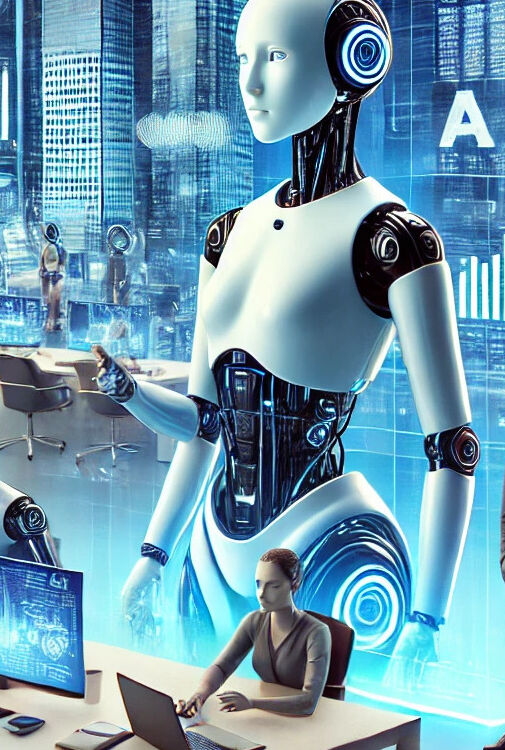
Tue, 22 Apr 2025 13:01:01 EEST Estimates vary from a few months to decades, but experts agree on one thing: change is coming.By Darren Orf – Published 26.2.2025 The world is buzzing with predictions about when the technological singularity will occur – that moment when artificial intelligence surpasses human intelligence. Some believe it will never happen, while others think it will arrive as early as 2026. A new macro-analysis of survey research from the past 15 years reveals what researchers and industry experts think about the matter, and how their views have shifted, especially since the emergence of large language models (such as ChatGPT). While predictions range by as much as 50 years, most agree that Artificial General Intelligence (AGI) will emerge before the 22nd century. Belief in AGI Grew with Large Language Models Large Language Models (LLMs) have taken over every corner of our daily lives, and opinions on AI development have become widespread. Some researchers estimate that the singularity could occur within decades, but for example, the CEO of Anthropic believes we are on the verge – perhaps only 12 months away. AIMultiple, a research organization, analyzed the predictions of over 8,500 researchers and industry leaders to gain an overview. The results showed that industry entrepreneurs were the most optimistic: many believed AGI would emerge by 2030, while researchers estimated 2040 – just a few years ago, the corresponding estimate was 2060. Why Do Many Consider AGI Inevitable? There are no clear limits to the development of machine intelligence; it can grow exponentially. Moore's Law (computing power doubles every 18 months) supports rapid development. Quantum technology may continue to advance if current systems encounter physical limits. "Quantum computers can enhance the training of neural networks and perhaps enable the singularity," the report states. Not Everyone Agrees Some experts believe human intelligence is too complex to be reduced to AGI. For example, Yann LeCun (a pioneer in deep learning) suggests that instead of AGI, we should talk about "advanced machine intelligence," because human intelligence consists of several components (such as social, self-awareness, and existential intelligence) that machines do not yet master. While a machine can improve the design and execution of experiments, it may not independently invent new solutions or cures. Conclusion: Change is Inevitable While the exact timeline varies among experts, the message is clear: the development of artificial intelligence will profoundly change society. Is it a good or a bad thing? That remains for us to decide. Source:
|

https://vunet.net